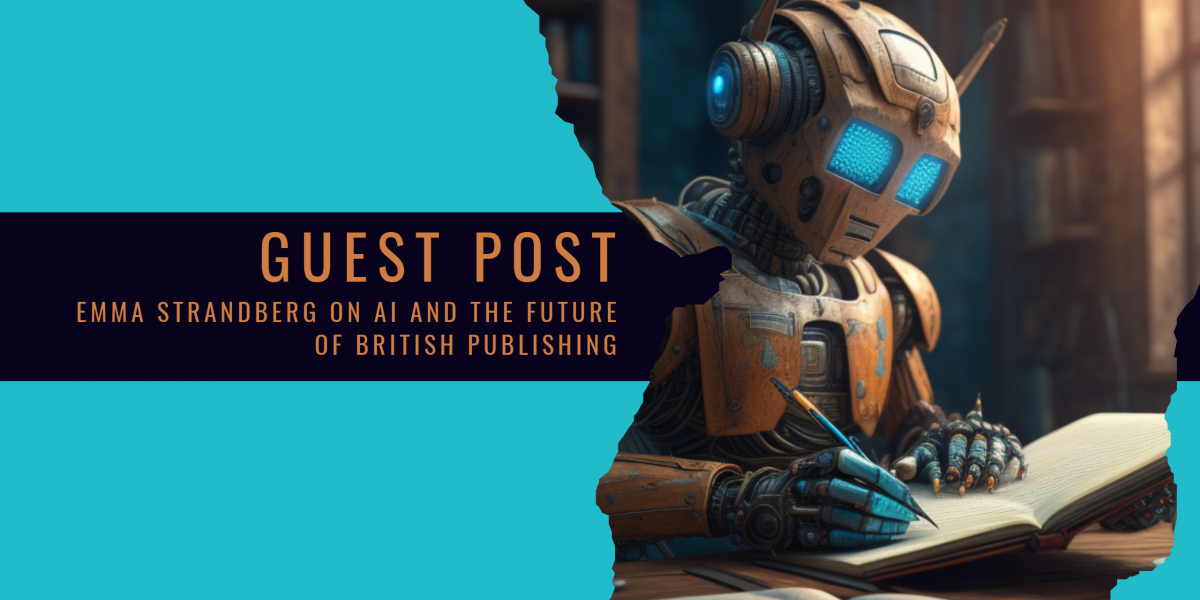
“As an author, now in my mid 50’s, I have witnessed the evolution of the publishing industry first-hand. From the days of traditional print to the rise of digital platforms, the industry has adapted to meet the changing needs, preferences and geographical location of readers.
Despite digital formats gaining popularity, printed books continue to hold a special place in the hearts of readers. There is something appealing about the tangible nature of a physical book, the first time you open the crisp cover, run your fingers over the smooth pages and inhale the comforting smell of ink. Antiquarian books are a thing of beauty with their leather bindings and gold-leaf, and many readers, me included, still enjoy displaying books proudly on bookshelves. Be it in an office or home, books speak volumes. There is no winner in the argument between digital and print. They are both worthy contenders. Think how the advancement of digital books has opened the world of literature to those impaired or limited in their ability to read a physical book. With the need for environmental sustainability, digital formats certainly minimise the carbon footprint. It’s crucial therefore that should paper books survive the future, publishers are creative in embracing more eco-friendly practices including using recycled paper and reducing waste through printing on demand.
Ebooks and audiobooks have undeniably transformed the publishing industry. They are convenient, cost effective and accessible. With ease we can listen to a novel while multitasking or carry an entire reference library in our pocket. Having travelled extensively for both work and pleasure, I think back to the days of burdensome heavy luggage filled with little else than books, with at least two titles placed firmly in my hand luggage incase my suitcase went astray. As technology continues to advance, I imagine the Tech giants will deliver an even more immersive and interactive experience, and that is a hugely exciting advancement..

Until recently, only two people wrote the books we read – authors and ghost-writers. But with the advancement and availability of AI, how long will it be before robots join the fray, asks Emma Strandberg.
With all this progress, I wonder how many decisions are made for us, without us realising. Our shopping preferences and internet searches already provoke personalised advertising and book publishing will likely increase its use of this collective data to better understand reader preferences. In turn book sellers will offer more tailored recommendations. When buying a book online, which I often do given the limited range of new English language titles in Sweden, I am immediately bombarded with suggestions of other similar books which may interest me. Personally, I love nothing more than to browse a bookstore, be it online or on the high street, scanning through different genres until a word or a title piques my interest. Out of sheer stubbornness I reject those “chosen” for me, at least for a short time.
The loaded question of who is writing the books we read has changed unimaginably. Not so many years ago, there were likely only two optional answers. The original author or a ghost writer. With the advancement and availability of AI (artificial intelligence) it is unsurprising that this “third person” will be an author too. Leaving aside the arguments of copyright, AI is already featuring more and more in the world of publishing.

Despite the advancement of technology in the publishing industry, bookstores will always hold a special place in the hearts of most readers.
A hugely exciting change over the past two decades is the representation of stories from different cultures, backgrounds, and perspectives. This inclusion of diversity must continue if we are to ensure that the literature, we are producing today represents the rich variety that is the world we live in. Literature should stimulate and educate, allowing reading to foster a more inclusive society. The ability for new or unknown authors to physically publish works has also transitioned. Self-publishing has become a game-changer for authors, myself included, by building a bypass around traditional publishing routes. This has opened doors to many new, diverse, and unconventional voices. It has brought about an exciting change in publishing, where the author remains in control of their work and retains a larger portion of profits. With the enormous growth of self-publishing platforms and online communities, aspiring authors can now launch their books to a world-wide audience like never before.
Book publishing of the future is an exciting industry, with huge potential for innovation and growth. Digital technology will continue to evolve, though I believe that printed books will always be part of our lives. The industry must listen to its readers, its authors and its PR and marketing executives. Collectively these strong voices will ensure inclusivity and sustainability requirements are met. As a reader, I am interested to see how the future unfolds, believing that books will continue to be a source of inspiration, knowledge, and companionship, as they have been to me for five decades.”

Emma Strandberg is a critically acclaimed travel writer whose books have been described as “profound” and “masterpieces” by the British national press. As a writer and photographer, she has travelled widely with extended research stints in the Far East, Middle East, Europe, and Scandinavia where her work focuses on the natural world and those within it. She lives on the west coast of Sweden.
Her exceptional books are Fully Booked (New Generation Publishing, pictured above right) and Where the F**k is Blönduós? Driving and Surviving a Winter in Iceland (New Generation Publishing, pictured above left).
For further information about Emma and her books (including her third title, out soon) and photography, visit her website: emmastrandbergbooks.com




